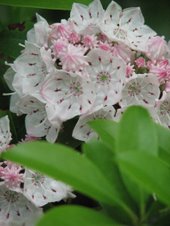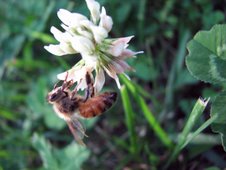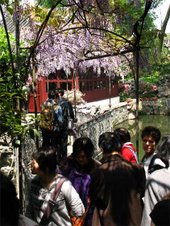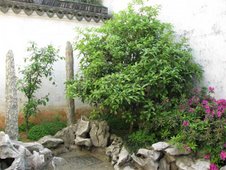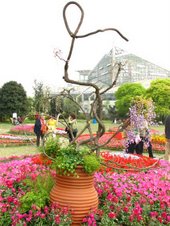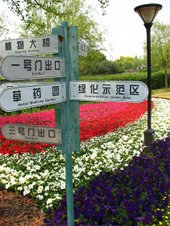LP_1749.jpg)
If you pass or visit Lynchburg, Virginia during your travels take a few minute detour to view the lovely preserved garden of Anne Spencer. Anne Spencer was first recognized as a Harlem poet during the 1920’s. She lived most of her life in Lynchburg where the garden she and her husband created formed the metaphor for many of her poems, such as the following written in 1975, the year she died:
“Turn an earth clod
Peel a shaley rock
In fondness molest a curly worm
Whose familiar is everywhere
And the curly worm sentient now
Will light the word that tells the poet what a poem is “
The nature images in her poems often soften her themes of feminism and discrimination. As her garden was a respite from the harshness of life.
“Most things are colorful things- -the sky, earth, and sea.
Black men are most men; the white are free!... “ excerpt from her poem "White Things"
This fall a collection of her letters and poem drafts will hopefully become part of the archives of the University of Virginia’s Special Collections Library. In 2005 a PBS GardenStory series presented a segment “Garden as Muse” on Anne Spencer.
Thanks to volunteers, such as the Hillside Garden Club, Lynchburg college students, and individuals, her garden and home remain open to the public. Several other historical buildings line the block where she lived. Her garden, always open to the public, is located behind her home at 1313 Pierce Street close to Route 29. Call Sandra Wilson (434-384-3963) for a guided tour of the Anne Spencer House & Garden Museum.
LP_2696+copy.jpg)






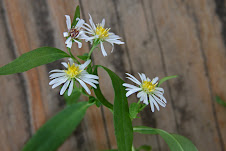












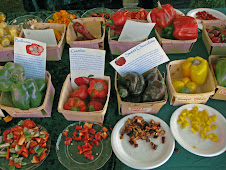LP_gardening_2666.jpg)
LP_gardening_2668.jpg)

LP_garden_2819.jpg)

LP_flower_0563.jpg)
LP_flower_0577.jpg)
LP_flower_0545.jpg)
LP_flower_0555.jpg)
LP_flower_0539.jpg)
LP_dog_0470.jpg)
LP_snow_0467.jpg)
LP_dog_0349.jpg)
LP_tree_8153.jpg)
LP_5028.jpg)
LP_flowers_3940.jpg)

LP-grass_0889.jpg)
LP_redfox_1651.jpg)
LP_squirrel_6978.jpg)
LP_flower_6936.jpg)
LP_squirrel_6864.jpg)
LP-deer_4773.jpg)
LP_4521.jpg)
LP_1251.jpg)
LP_4585.jpg)
LP_3784.jpg)
LP_3759.jpg)
LP_3811.jpg)
LP_3816.jpg)
LP_3847.jpg)
LP_0870.jpg)
LP_4183.jpg)
LP_0891.jpg)
LP_3175.jpg)
LP_3577.jpg)

LP_3068.jpg)
LP_3058.jpg)
LP_3562.jpg)
LP_0118.jpg)
LP_3407.jpg)
LP_3150.jpg)
LP_3011+(2).jpg)
LP_3020.jpg)
LP_2830.jpg)
LP_2782.jpg)
LP_2828.jpg)
LP_1746.jpg)
LP_2648.jpg)
LP_2666.jpg)
LP_2668.jpg)
LP_2493.jpg)
LP_2611crop.jpg)
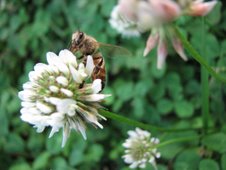
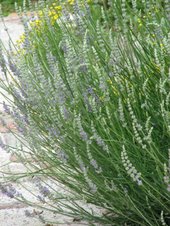
LP_2588.jpg)

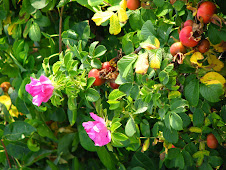
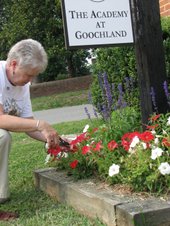


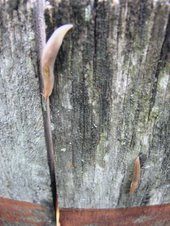
LP_2126.jpg)
LP_2122.jpg)
